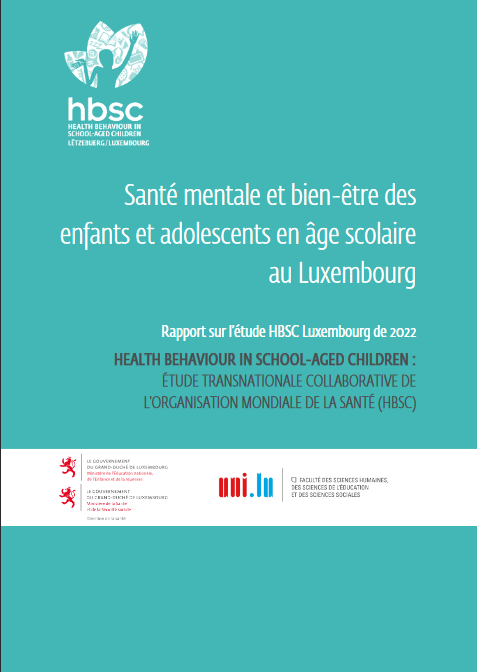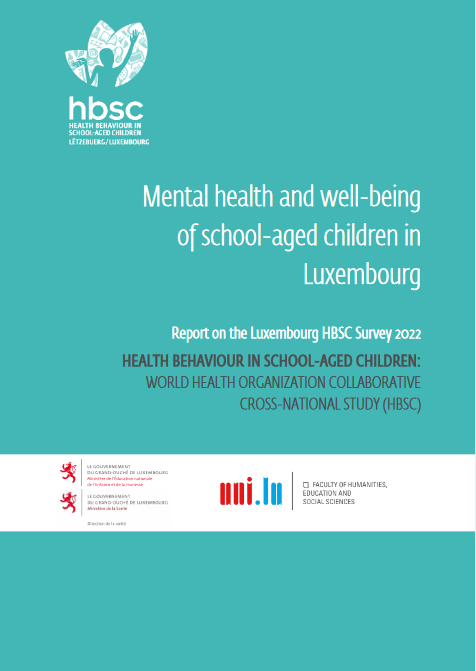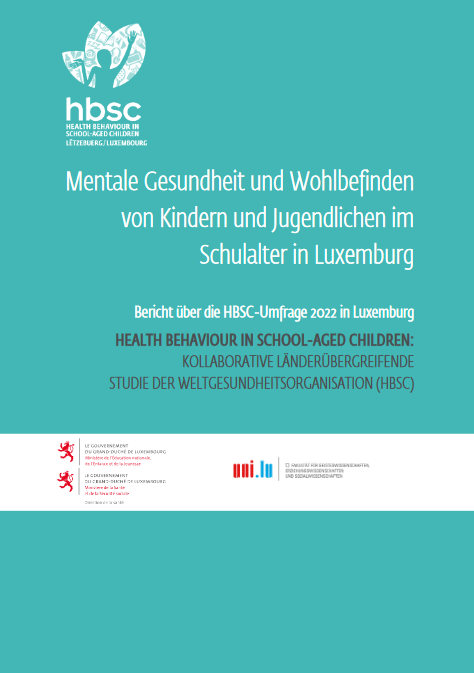“In the social sciences, the concept of well-being is used on the one hand as an indicator of conducive social structures (prosperity, social security) (objective well-being), and on the other hand as an indicator of the perceived quality of life, life satisfaction and sense of happiness (subjective well-being). Subjective well-being includes not only more cognitive dimensions such as the general life satisfaction of individuals, but also an affective dimension that includes positive as well as negative emotions (Diener, Lucas & Oishi; 2005). The concept of overall (physical, social and psychological) well-being is central to the WHO definition of health (WHO, 2014).”
See also
HBSC
life satisfaction
subjective/self-reported health
suicide
school climate/well-being












